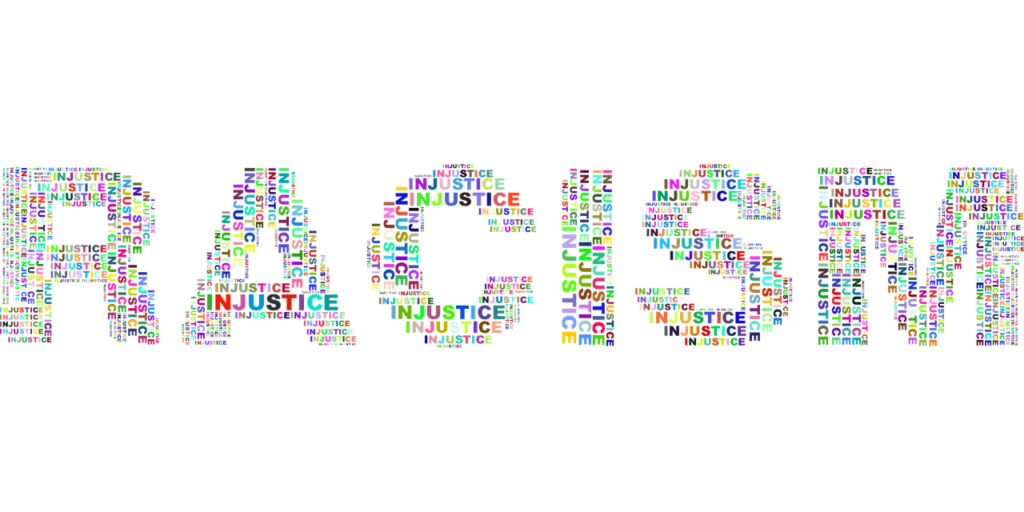In the book, The Nature of Prejudice by Gordon W. Allport, the author wrote, “When we think of prejudice, we often think of race prejudice.” He concluded that this is an unfortunate association of ideas because throughout human history, prejudice had little to do with race. The association of prejudice with race is recent.
As written in part one, prejudice was initially related to religion. Over time, religion lost most of its zeal and because race had a visible mark, it was easier to designate people to dislike. Racial inferiority became a justification for prejudice. It was easier than examining the complex economic, cultural, psychological, and political conditions or opinions that enter into group relations. Skin color implies more than pigmentation, white society has made it to imply social inferiority.
According to the American Psychological Association, implicit prejudice is a negative attitude against a specific social group. It is thought to be shaped by experience and based on learned associations between qualities and social categories, including race and gender. Individuals’ perceptions and behavior can be influenced by implicit behaviors they hold, even if they are not aware they hold these biases.
It’s easy to confuse racism with prejudice. They both have negative connotations, but they are different.
Racism is a form of prejudice where members of a particular group experience negative emotional reactions, negative stereotypes, and racial discrimination. Sometimes, individuals are subjected to violence.
Prejudice is an irrational or negative attitude towards a person or group based on their characteristics. Prejudiced feelings or preconceptions about a person or group are usually not supported by any evidence.
Prejudice doesn’t always evoke feelings of hate, but it is still damaging. It may include affective reactions such as anger and contempt. Unlike racism, prejudice is more broad and involves racism, bias, and discrimination.
It’s also worth noting that while discrimination can stem from prejudice, prejudice, and discrimination are two different concepts. Discrimination is an act while prejudice is feelings, thoughts, and attitudes.
One does not necessarily act on their prejudiced views, although it is rare for a prejudiced person not to act on their beliefs. Further, discrimination can be individual or institutional – through policies and systems. On the other hand, prejudice remains within a person, and can be thoughts or feelings.
Allport wrote, “Prejudgments become prejudices only if they are not reversible when exposed to new knowledge. A prejudice is resistant to all evidence that will unseal it.”
The question is why do people become prejudiced? According to Allport, “It is thought that erroneous generalization and hostility are natural and common capacities of the human mind. Our experiences in life tend to form itself in clusters. Holding to a prejudgment when we know better is one of the strangest features of prejudice.”
Many studies have been made of the origin, nature, and stages of prejudice. When it leads to discrimination, individuals or groups of people are denied equality of treatment. Unjust laws are put in place. I grew up in the South during legal segregation. As a result of prejudices, discriminatory laws against Black people were passed.
The civil rights movement resulted in many judicial and legislative victories that outlawed discrimination, ensured voting rights for all, dismantled legal segregation, and advanced racial equality. It is thought the movement helped to shift public opinion and attitudes toward racial equality, the need for civil rights, and justice.
It has been over 60 years since the Civil Rights Act of 1964 was signed into law by President Johnson on July 2, 1964. With the election of 2024, we are seeing the dismantling of these laws. Previously, legislative action was a crucial tool in the battle against discrimination. People became comfortable and didn’t vote, or didn’t vote for the interest of all Americans. If our democracy ends, civil liberties and civil rights will end.
We still have a chance to flip Congress in 2026. It is thought that approximately 17 million Black voters didn’t vote in the 2024 Presidential election. We can’t change individual’s personal prejudices, but we can change who we put in Congress if we get out and vote. Our future depends upon it!
Francie Mae, March 28, 2025.
References
Allport, 1954.1958.Gordon W. The Nature of Prejudice. United States. 1st and 2nd editions, Addison-Wesley, 1954. Anchor Books, 1958.
“Implicit Bias.” APA Dictionary of Psychology and Wikipedia. Website. Accessed March 28, 2025.
